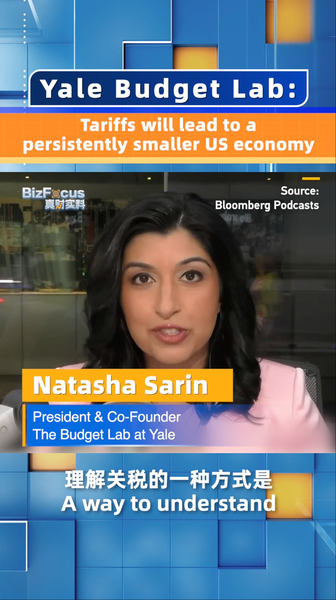In a recent Bloomberg Podcasts interview, Natasha Sarin, president and co-founder of Yale’s Budget Lab, warns that US tariffs are doing more harm than good. Rather than protecting domestic industries, they’re shifting resources from high-productivity sectors—like cutting-edge tech and advanced manufacturing—into less efficient ones.
These tariff barriers don’t just change where goods come from; they inflate prices for consumers and businesses alike. When everyday essentials and industrial inputs cost more, demand naturally cools, and companies rethink expansion plans. Sarin notes that this dampened appetite for growth can leave the economy persistently smaller than it could be.
Why Productivity Matters
At the heart of the matter is productivity. Economies thrive when capital and talent flow toward their most innovative use. Tariffs disrupt this flow, stranding high-value ideas and skills in underperforming industries. Over time, the cumulative effect can shave significant chunks off GDP, Sarin explains.
Roadblocks to Investment
- Rising costs: Tariffs drive up prices, squeezing household budgets and corporate margins.
- Lower demand: Price hikes cool consumer spending and business purchases.
- Weakened incentives: Uncertain trade rules deter firms from investing in new ventures.
For global citizens tracking economic trends, Sarin’s message is clear: trade policy is more than a geopolitical lever—it’s a driver of long-term growth and innovation. As the world watches, the US must weigh short-term gains against the lasting shape of its economic landscape.
Reference(s):
Tariffs lead to a persistently smaller US economy: Yale Budget Lab
cgtn.com




